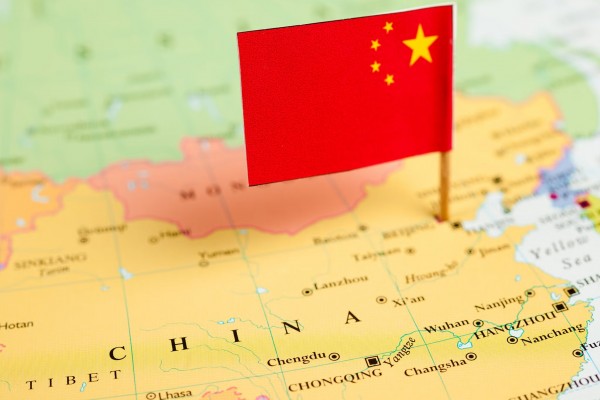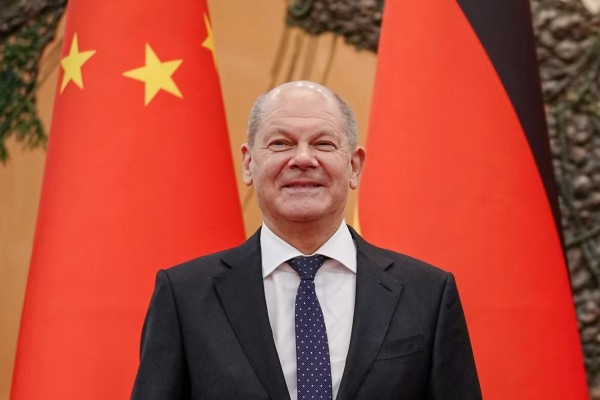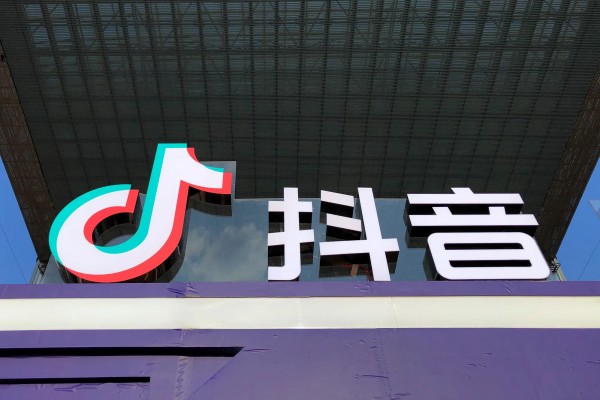Review №2 on Chinese Antitrust News from BRICS Antimonopoly Centre Experts
- The heads of the Russian Federation and China agreed on antimonopoly cooperation
- Support for SMEs Shanghai at the forefront of metaverse exploration
- Alibaba leadership in the fight against climate change
- Work-life balance at Tencent
- Restriction of playing time during the New Year holidays
- Corporate reshuffle in Meituan
- Sberbank launched transfers to Alipay wallet
- Reviews on behalf of the Reform and Development Committee
- JD.com will donate shares to charity A step towards completely cashless payments
The heads of the Russian Federation and China agreed on antimonopoly cooperation
On February 4th, talks between Vladimir Putin and Xi Jinping took place in Beijing. The meeting was held as part of the visit of the Russian delegation to China to participate in the opening ceremony of the Winter Olympic Games 2022. During the visit, an Agreement was signed between the Government of the Russian Federation and the Government of the People's Republic of China on cooperation in the field of antimonopoly law enforcement and competition policy - it is the first in the list of intergovernmental and interdepartmental documents. In a joint statement, the parties also stressed that they "support the deepening of the strategic partnership within the BRICS framework, promote the expansion of cooperation in three main areas: politics and security, economics and finance, and humanitarian exchanges. In particular, Russia and China intend to contribute to the development of cooperation in the field of public health, digital economy, science, innovation and technology, including artificial intelligence technologies, as well as to increase the coordination of the BRICS countries on international platforms."
Support for SMEs
At a press conference, the Ministry of Industry and Informatization announced the need to improve further the quality of services provided to small and medium-sized businesses. To do this, it is planned to focus on four areas:
1. Carry out administrative reforms on the issuance of business licenses to "activate the vitality of enterprises";
2. Improve the market environment through the protection of fair competition, enforce the Antimonopoly Law and the Law on Combating Unfair Competition, prevent and suppress anti-competitive practices that restrict the fair participation of SMEs in market competition, guarantee equal treatment of such enterprises;
3. Help SMEs expand their market, acquire capital and find talent;
4. Improve the convenience of accessing "public and targeted" services.
Source: Baijiahao
Shanghai at the forefront of metaverse exploration
In late December, at a meeting on economic work, the Shanghai Municipal Committee announced that it was urging companies to intensively explore the platforms where the "virtual world of the future" and modern society will intersect. The city's five-year digital transformation plan includes the active development of digital technologies in order to become an "international digital capital" by 2035. And the five-year plan for the development of the electric information industry of Shanghai includes the metaverses among the four areas of cutting-edge research: "Actively monitor and cultivate the development of technologies related to the metaverses <…> Encourage the application of the metaverses in areas such as public services, business and office operations, social -entertainment, industrial production, safe production, electronic games, etc."
According to Chinese media, this is the first mention of the metaverses in China's policy documents.
Sources: Sheitc, Baijiahao, Baijiahao
Alibaba leadership in the fight against climate change
Greenpeace published a ranking of Chinese e-retail platforms, where they assessed their goals and measures to combat environmental pollution. Seven platforms were included in the ranking, and only two of them (Alibaba in first place and JD.com in second) scored more than “satisfactory”, which means that Chinese marketplaces have room to grow in terms of the climate agenda. Alibaba has proven to be the company with the most comprehensive environmental program ever: late last year, the corporation announced its intention to achieve carbon neutrality in its operations by 2030.
Source: Baijiahao
An employee at tech giant Tencent accused management and colleagues of encouraging overtime. He denounced the approving comments about one of the overworkers. The administrator of the corporate chat commented that the "enhanced processing mode" is indeed very short-lived and affects the balance between work and leisure. He said those in charge would clearly set performance metrics and encourage healthy and sustainable work patterns so that overtime and late leaving the office doesn't become competition.
The 996 culture (working from 9 am to 9 pm, 6 days a week) is widespread in Chinese companies, including technology companies. However, some have already begun to realize the harm of overwork: in November, Bytedance called for the "1075" program (10 am to 7 pm, 5 days a week) and introduced a rule to request a recycling permit separately.
As part of the regulation of digital platforms, the competent authorities pay great attention to labour protection - for example, they require full guarantees for employees employed in new forms of business (couriers, taxi drivers, etc.).
Source: Baijiahao
Restriction of playing time during the New Year holidays
On the eve of the Spring Festival (Chinese New Year), China's largest online game developer Tencent published a "winter break gaming restriction calendar" where underage users are allowed to play games for only 14 hours over the entire weekend, that is, one hour a day. On January 21-23, January 28, from January 31 to February 6 and February 11-13, players under 18 can only connect to the game in the slot from 8 to 9 pm. The rest of the time on these days and around the clock on January 29 and 30, access to online games is completely prohibited. Commentators on the network have already called this period "the heaviest New Year's holidays in history."
The restrictions come amid efforts by digital platforms to support a massive government campaign to protect the safety and health of minors.
Source: The paper
Corporate reshuffle in Meituan
According to an exclusive report by LatePost, Meituan senior vice president Chen Liang will step down from the "vanguard business" and move into organizational design and strategic research. One of the employees commented that such a decision did not come as a surprise: Chen Liang announced such a desire six months ago, and the company has been making the necessary preparations all this time.
Previously, the heads of other tech giants have already taken a similar step: JD.com founder Richard Liu, Colin Huang from Pinduoduo and Zhang Yiming from Bytedance transferred the powers of direct managers and engaged in the development of long-term strategies or personal affairs. Jack Ma, who has not appeared in public since last fall and is rumoured to be involved in art and charity, has also left the company.
Source: Weixin.qq
Sberbank launched transfers to Alipay wallet
Sber has launched the function of transferring money to an Alipay wallet in China using a phone number, thus expanding its geography of cross-border transfers. "To transfer money, it is enough to enter the phone number and the full name of the recipient in Sberbank Online, the transfer will automatically be credited to the found wallet in Chinese yuan," the Sber press service notes.
Such a move expands the scope of Sberbank's presence and satisfies the demand of the Chinese authorities to ensure the interoperability of digital platforms and destroy the so-called "walled gardens".
Source: Tass
Reviews on behalf of the Reform and Development Committee
Recently, individual organizations have begun promoting their services and charging enterprises, claiming to be assessing the quality of the business environment by the China Development and Reform Committee. The Committee officially denied the legality of such services and stated that it does not cooperate with any organizations in this direction. Improving the quality of the business environment is one of the important directions of China's economic development.
JD.com will donate shares to charity
JD.com Chairman Richard Liu has announced that he will donate more than $2.34 billion of Class B common stock to a charitable foundation. The donation will go to various socially significant needs: education, environmental protection, etc.
Over the past year, donations have become commonplace among large digital companies as part of Xi Jinping's "shared prosperity" policy aimed at narrowing the gap between the country's rich and poor.
Source: Baijiahao
A step towards completely cashless payments
In order to accelerate digitalization, two private banks in Liaoning province (northeast China) - Zhongguancun Bank and Liaoning NewUp Bank - announced the end of cash services: cash deposits and withdrawals at counters and at ATMs are no longer provided. China is actively promoting the digital yuan: for example, it makes gratuitous accruals “with an expiration date” - they burn out if they are not spent before a certain period. The government has also selected the Beijing 2022 Winter Olympics venues as the first digital yuan pilot zone.
Source: Baijiahao




